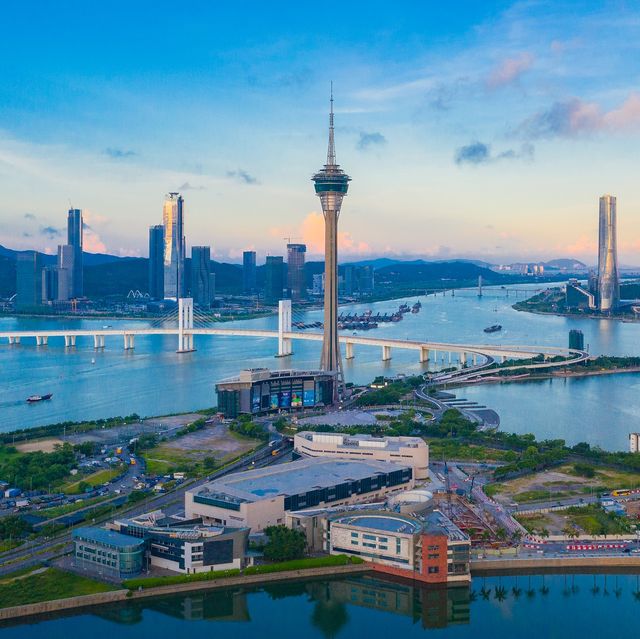The professor of the Department of Government and Public Administration at the University of Macau predicts that the Third Plenary Session of the 20th Central Committee of the Communist Party, which ended yesterday in Beijing, will bring important decisions to stimulate consumption, the decentralization of political decisions, and greater openness to foreign markets. Pan Wei believes that Macau and the Greater Bay Area will be “the main beneficiaries of the new policies, as they already have solid foundations and infrastructure for greater openness”.
On Monday, the Central Committee of the Communist Party of China began its Third Plenary Session, a crucial event held every five years to define long-term social and economic policies.
The closed-door meeting, led by Xi Jinping, aims to draw up a plan for China’s future; and takes place in the context of slow economic growth since the beginning of 2023. There are lingering problems in the real estate market and the low level of consumption.
These sessions have historically been essential. The 1978 Plenum, under the aegis of Deng Xiaoping, initiated economic reforms that transformed China into a global economic power; in 2013, the decisive role of the market in allocating resources was highlighted; in 2018, the Plenum was linked to the constitutional change, which eliminated presidential term limits.
This year’s meeting is expected to introduce significant reforms to address economic challenges and boost long-term growth. Ting Lu, chief economist at Nomura, a Japanese investment bank, told AFP that the meeting “aims to generate and discuss big ideas and long-term structural reforms, rather than making short-term political adjustments”. Renato Peneluppi Jr., a specialist in Chinese public administration, highlights the fact that the Plenary is taking place at a time of great uncertainty; including the national and international economic outlook, elections in the US, and in the European Parliament, as well as various international conflicts, such as in Ukraine or Palestine.
“The main efforts should focus on the issues of greatest concern, and the systemic obstacles to modernization. The strategic focus, priorities and methods must be clarified, with an emphasis on problem-solving and high-quality reforms,” argues Peneluppi, in an article published in Forum Magazine. “A wave of major reforms and initiatives will use China’s economic resilience to deepen comprehensive reforms and promote its modernization.”
Reform era
In June, Chinese state media predicted that the four-day meeting – which ended yesterday at the close of this edition – would “mainly examine issues related to comprehensively deepening reform and advancing Chinese modernization”. The general message was that Xi Jinping and the Party were planning “major reforms”. The Xinhua news agency even published an article entitled “Xi Jinping, the reformer”, stressing that the President is leading the Party and the nation “on a new journey of deepening” economic reforms.
The article highlights international political instability, considering this period to be critical for a new round of accelerated reforms. It goes on to explain that Xi Jinping is focused on promoting the policy of dual circulation – national and international. In other words, a strategy to reorient the country’s economy; on the one hand, prioritizing domestic consumption; on the other, remaining open to international trade and investment.
Quoted by Xinhua, Li Junru, former vice-chairman of the Central Party School, said that Xi Jinping had made important decisions, implemented and promoted the construction of major economic projects, in particular the Greater Bay Area, an example of synergistic economic and social development.
It is in this context that Pan Wei told PLATFORM that Macau is part of a region prepared to “take advantage of new policies and improve its economic scenarios, solidifying its role as an important contributor to China’s broader economic ambitions”.



